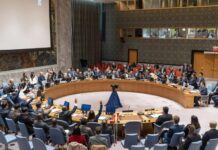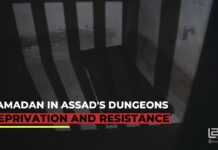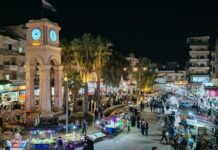An Interview with Ahmad Abdullah, Bachelor of Islamic Sciences
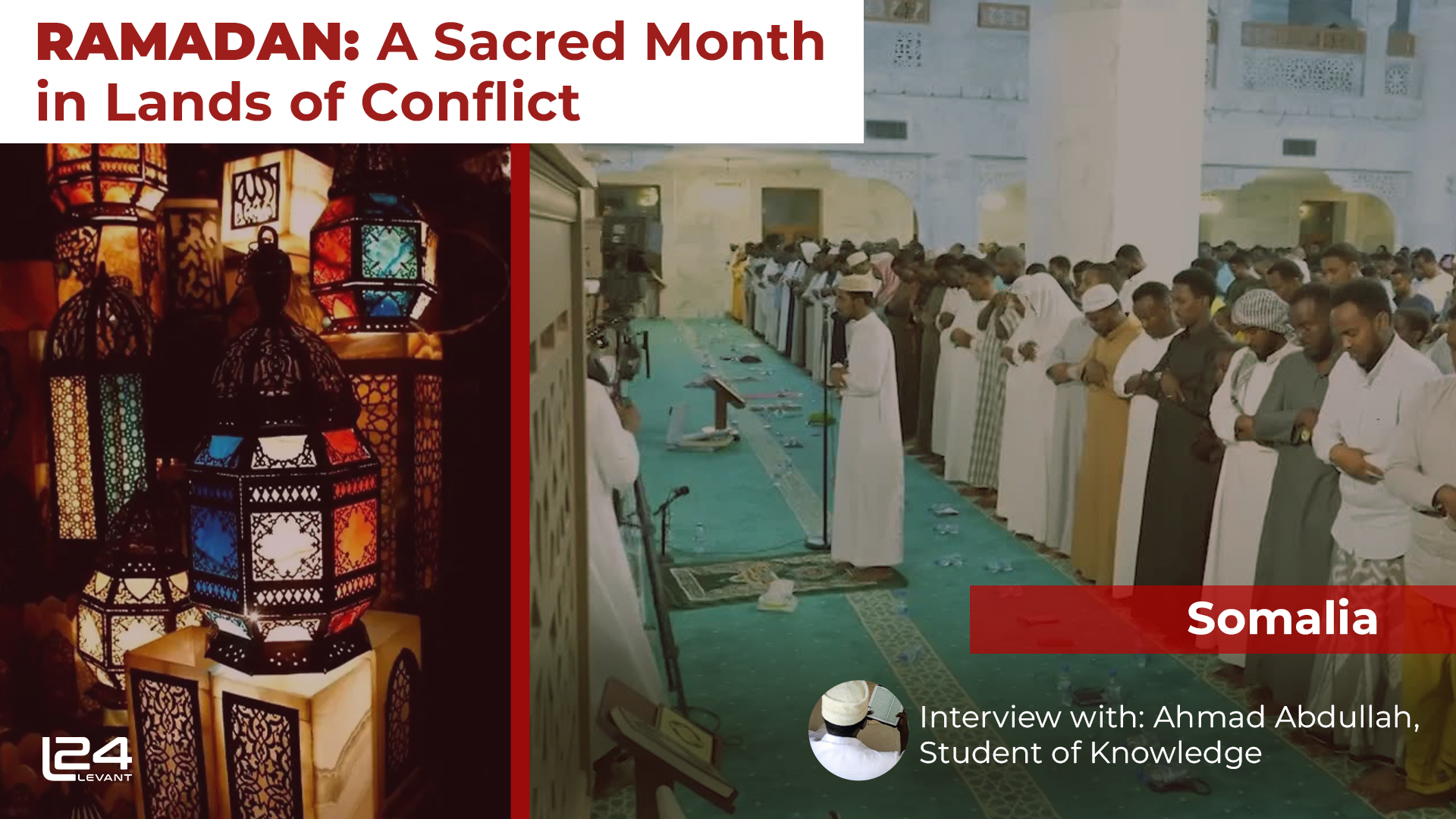
The conflict in Somalia has undergone a complex evolution over decades, starting as a civil war in the 1980s. The 1990s witnessed state collapse, clan warfare, and famine, with limited international intervention failing to address root causes. Local initiatives led to the emergence of semi-autonomous regions like Somaliland and Puntland. The early 2000s saw the formation of the Transitional National Government (TNG), which struggled to gain legitimacy amid opposition from various factions and the rise of Islamist movements like the Islamic Courts Union (ICU).
The ICU’s ousting by Ethiopian “peacekeeping” forces in 2006 reignited conflict, leading to the emergence of militant factions like Al-Shabaab. Despite international support for the Transitional Federal Government (TFG), Somalia faced ongoing insurgency and humanitarian crises, with Al-Shabaab gaining strength and control over significant territories.
Levant 24 spoke with Ahmad Abdullah, a Somali citizen, about the situation of Muslims living under the decades’ long shadow of war in Somalia and how these experiences and circumstances have impacted the people during Ramadan. Ahmad, who holds a Bachelor’s degree in Islamic Sciences and works as a teacher, has recently left the country in the pursuit of furthering his studies but took time to answer some questions regarding Ramadan in Somalia.
_______________________________
L24: Can you explain the current situation for the Muslims in Somalia?
Ahmad Abdullah: While I’ve recently left the country, I spent a little over a decade in Somalia. As we all know, Somalia is currently under the occupation of Western-backed African Union (AU) forces – set to withdraw at the end of this year – and the “official” government controls a few major cities – including the capital Mogadishu.

On a day-to-day basis, life is somewhat improving, however injustice, corruption, and crime are still rampant in government-held areas, this is clear to all who are acquainted with current affairs.
With that said, as mentioned things have relatively improved over the years. Somalia has come a long way from the civil war that broke out in the 1990s and is slowly recovering in certain aspects. It has come a long way from the warlords who ruled the country in the early 2000s. Many of the Somali diasporas are making a return and investing in Somalia, however, the future of the country remains uncertain, especially after the withdrawal of the ATMIS (The African Union Transition Mission in Somalia) forces.
L24: How have the years of fighting and war impacted how Somalis normally observe the blessed month of Ramadan and Eid? What has changed over the years due to the conflict and how have Somalis adapted over the years?
Ahmad Abdullah: Much has changed over the years. Ever since the disintegration of Barre’s communist regime in 1990, major parts of the country were in chaos and mainly ruled by warlords, this was the situation up until the mid-2000s after which they were ousted – by Allah’s virtue, and then of the efforts of the ICU – it goes without saying that people didn’t feel safe going out, in those days – especially at night – whether to the mosque for congregational prayers, taraweeh (voluntary evening prayer in Ramadan), to visit family and friends or to shop.

This has gradually changed over the years as much of the fighting does not take place in cities or towns anymore – ever since the withdrawal of the Shabab movement from Mogadishu in 2011 – who have been waging a guerrilla war instead. Somalis for most of the part are now able to go out and about to tend their daily needs during Ramadan and are able to celebrate Eid, although the country is not completely stable and murders still do happen more than often. Somalis have come to terms with their current situation and are still hopeful of better days to come.
L24: What is the most difficult aspect of Ramadan, given the current situation in Somalia?
Ahmad Abdullah: The situation in Somalia doesn’t change during any given time, so anything that Muslims in Somalia go through year-round they continue to go through during Ramadan and Eid. Including such things as bombings in crowded places and public areas such as markets, restaurants, and hotels, soldiers extorting the public, at times threatening to shoot them or even firing at them, and this happens whether or not they are under the influence of the stimulant known as khat. There is also the lack of the financial means to enjoy Eid, as much of the population doesn’t have any stable income. While many Somalis have family abroad who may send them money every now and then, more so during Ramadan, this doesn’t apply to all.
L24: When you look at the situation of the Ummah (International Muslim Community) these days, especially with respect to Ramadan what do you think about the situation of the Muslims? What do you think the solution to the current state of the Muslims is and what should they do during this blessed month to make a difference?
Ahmad Abdullah: When looking at the Ummah, my heart aches – as that of any other Muslim – knowing what many Muslims in different places are going through, being killed, besieged, imprisoned, starved to death.
Ramadan for us Muslims was once a month of conquests, but now for many of us – as witnessed in many Muslim countries – it’s about preparing exquisite dishes, planning for the next iftar (evening meal to break the fast), shopping for food – much of which goes to waste, rather than being given to the poor – as if it has become a month of eating rather than fasting and reflection!
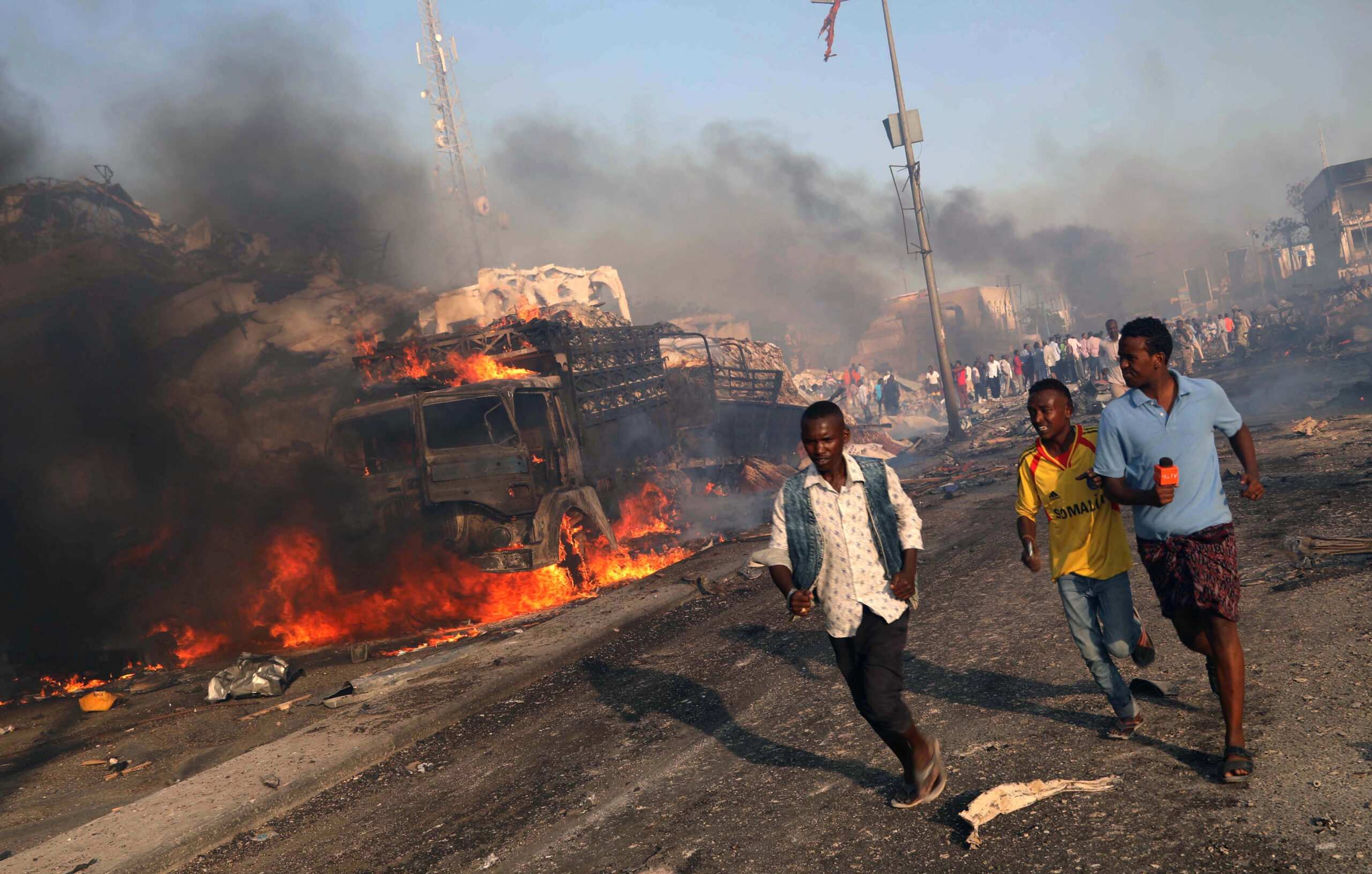
Our disease had already been diagnosed by our Master and Leader (prophet Muhammad), peace and blessings be upon him, informing us that we would be many, yet like the foam of the ocean, Allah would remove the fear our enemies once had for us from their hearts, because of our inclination to this worldly life and dislike of death.
Similarly, he, peace and blessings be upon him, provided us with the cure and solution, advising that our humiliation wouldn’t be lifted from us until we return to our deen (religion), all of it, in every aspect.
In addition to that, I would advise every Muslim to revive a forgotten practice of our Salaf (early Muslims, including the companions of the Prophet Muhammad), which is to supplicate against the enemies of the Muslims during Ramadan, that Allah sends down His wrath upon them and breaks their might. This is something that we don’t see in our masaajid (mosques) anymore during taraweeh or qiyaam (late-night prayers).
May Allah give victory to the Ummah of his Khaleel (dear friend), peace and blessing be upon him, feed their hungry, enrich their destitute, and free their prisoners.


